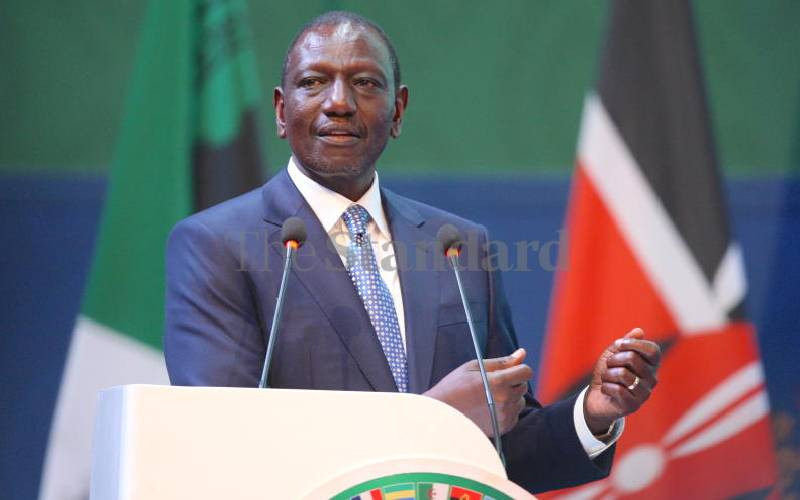×
The Standard e-Paper
Smart Minds Choose Us

The World Bank and its sister Bretton Woods institution the International Monetary Fund are giving the Kenyan government contradicting signals on how to go about taxing Kenyans.
The World Bank has warned that Foreign Direct Investment in Kenya is being undermined by an unpredictable tax regime.







